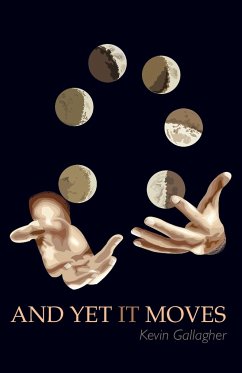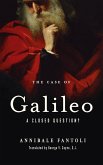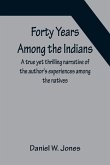In And Yet It Moves, the poet is an archeologist of mourning rediscovering that assaults on science and reason are not new phenomenon. Gallagher follows Petrarch who spawns a new lyric in part inspired by lost texts, and who motivates 'book hunters' of the Renaissance to search for the buried as well. The world changed when Poggio Bracciolini discovered Lucretius' On the Nature of Things in a Benedictine library. Lucretius' poem is a meditation of the universe as infinite numbers of atoms wandering randomly through space with no master plan whatsoever. The book birthed humanist philosophy, masterworks such as the Birth of Venus, and inspirations for Galileo Galilei. When Galileo's patrons the powerful Medici rose to the Papacy, they chose their power over science and reason-sentencing and silencing Galileo for life for proving that the earth revolved around the sun. Digging with his pen, Gallagher brings these stories back in 'talking sonnets' as if ditching the Latin for the more colloquial Italian of the people that came into form during the era. Upon his sentencing, Galileo's is said to have uttered 'Eppur si muove,' knowing that the truth will eventually prevail.
Hinweis: Dieser Artikel kann nur an eine deutsche Lieferadresse ausgeliefert werden.
Hinweis: Dieser Artikel kann nur an eine deutsche Lieferadresse ausgeliefert werden.








